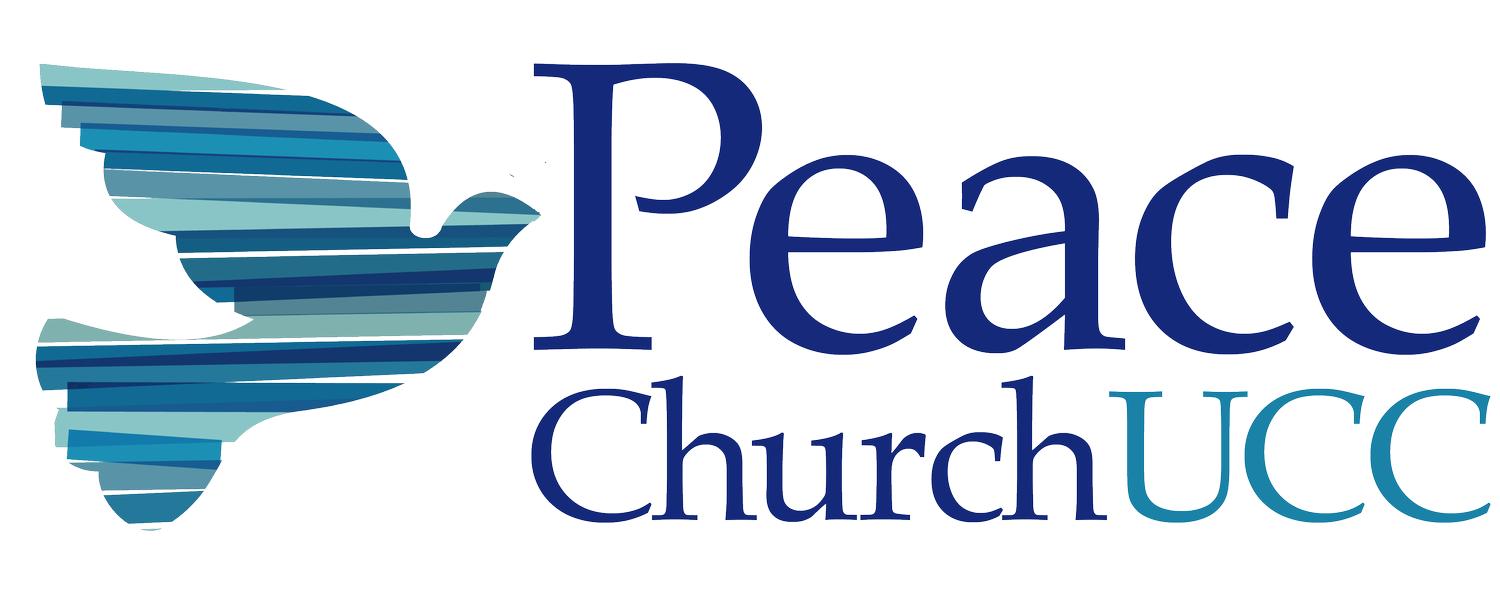Listening
I often like to imagine a society whose wealth is measured not in pieces of silver or the stock market but in stories. Each day, the way someone would return the favor of a meal or for an oil change would be by telling a quick and engaging tale, whether fiction or fact. In this place everyone’s voices would be heard, and everyone would be regarded for the threads they spin in their accountings and lives.
In these last few generations, beginning perhaps in the revolutionary ideals of the Renaissance humanists 500 years ago and pulsing through the writings of the Enlightenment philosophers and the nationalist revolutionaries of the nineteenth and twentieth centuries to the protest movements of our lifetimes, we have seen the voice of the people grow to include more and more of us who before were not heard. Those voices on the front of this big bang of human dignity are often the ones we hear amplified the most by those of us who seek to right old wrongs and bring our species forward into a better day. I admire this, yet I urge caution that other voices from the back of the crowd who have more precedent for being heard still get their cue to join in the human chorus. As others are recognized no one should be forgotten, for rather than correcting old wrongs this will merely redirect those ills and perpetuate the evil at their core.
In the past decade I have had the distinguished honor of sharing my voice with you in this devotional column. In a great many respects, my Wednesday Blog is a child of these scribblings, and that has come to define my extramural life and work alongside my research confined to the academic cloister. I thank you then, for allowing this Papist pen pal of the Peace Church the opportunity to speak. Yet now, at the end of 2024 I have decided it is time to lay down my pen, and let be.
Oh Lord, thank you for the mystery of our nature. Amen.
Seán Kane is a Ph.D. Candidate in History at Binghamton University in Upstate New York living back at home in Kansas City, Missouri. His dissertation is now titled "Understanding the Sauvage in André Thevet’s Brazil: 1555-1590." He is making a name for himself as an up-and-coming historian of French Renaissance zoology and is editing his translation of Thevet's 1557 book Les Singularitez de la France Antarctique. He also writes The Wednesday Blog which comes out weekly, and occasionally comes up with good quotable lines.
